In Brown v. City of Glendale (D. Ariz.), plaintiff is suing "for malicious prosecution (both under 42 U.S.C. § 1983 and under state law) following his acquittal in a state-court prosecution for sexual assault. Brown contends the charges arose because a member of the Glendale [Arizona] Police Department filed false police reports, lied in a search warrant affidavit and while testifying before a state grand jury, and concealed exculpatory evidence. The first trial against Brown, in 2015, resulted in an acquittal on some counts, a dismissal of some counts, and a mistrial on some counts, and the 2017 retrial resulted in an acquittal on all remaining counts."
The case remains pending, and the charges against the City have of course not been either proved or disproved, but Friday Judge Dominic W. Lanza dealt with the City defendants' sealing motion:
Pending before the Court is Defendants' motion for leave to file their summary judgment motion and exhibits thereto under seal. For the reasons stated below, the motion is denied without prejudice.
The public has a general right to inspect judicial records and documents, such that a party seeking to seal a judicial record must overcome "a strong presumption in favor of access." To do so, the party must "articulate compelling reasons supported by specific factual findings that outweigh the general history of access and the public policies favoring disclosure…." The Court must then "conscientiously balance the competing interests of the public and the party who seeks to keep certain judicial records secret." "After considering these interests, if the court decides to seal certain judicial records, it must base its decision on a compelling reason and articulate the factual basis for its ruling, without relying on hypothesis or conjecture." Id.
The "stringent" compelling reasons standard applies to all filed motions and their attachments where the motion is "more than tangentially related to the merits of a case." A motion for summary judgment is clearly such a motion, and the "compelling reasons" standard applies to the motion and its exhibits.
Defendants state that the motion "contains confidential medical records of testifying witnesses and privileged and confidential transcripts of grand jury testimony from Officer Gonzalez." The motion to seal is three sentences long and seeks to seal 632 pages—the entirety of the summary judgment motion and all 18 exhibits. ["Defendants City of Glendale and Lawrence Gonzalez ('Defendants') move this Court for an order directing the Clerk to file under seal their Motion for Summary Judgment. The Motion contains confidential medical records of testifying witnesses and privileged and confidential transcripts of grand jury testimony from Officer Gonzalez. Therefore, pursuant to LRCiv 5.6, Defendants move this Court for an order directing the Clerk to file under seal Defendants' Motion for Summary Judgment." -EV] Essentially, Defendants request that the Court resolve this case entirely in secret.
Defendants have not attempted to "articulate compelling reasons supported by specific factual findings that outweigh the general history of access and the public policies favoring disclosure…." Moreover, the Court notes that at least some of the exhibits the parties seek leave to file under seal seem so innocuous that the Court wonders what interest Defendants have in maintaining secrecy.
Thus, the motion is denied without prejudice. To the extent that the parties wish to try again, they must include—for each document they wish to file under seal—a specific description of the document and compelling reasons for sealing that document, supported by specific facts. The more specific and compelling the reasons and facts provided are, the more likely it is that the Court will find that compelling reasons justify sealing the documents. To the extent that only portions of certain documents might satisfy the Kamakana standard, such that Defendants wish to propose redactions, Defendants shall lodge under seal unredacted versions in which the text which Defendants wish to redact is highlighted to facilitate the Court's review.


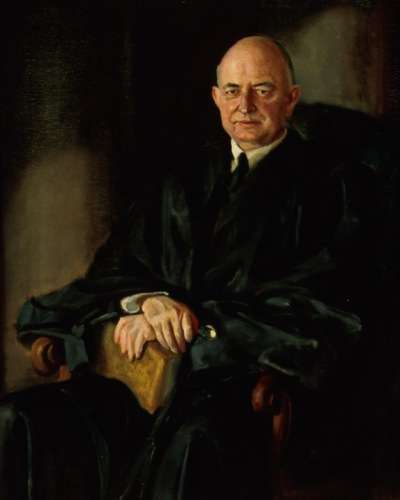
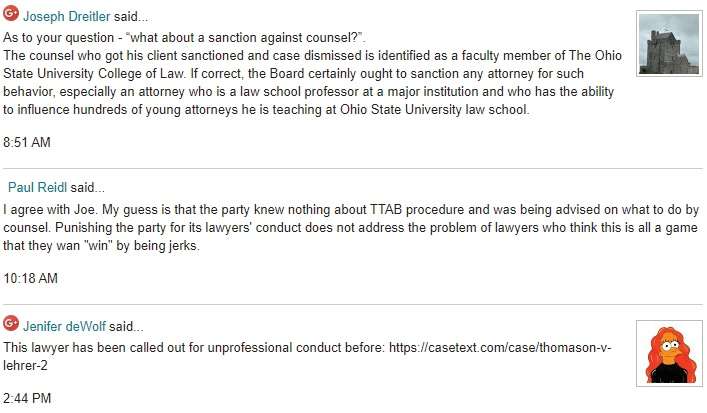
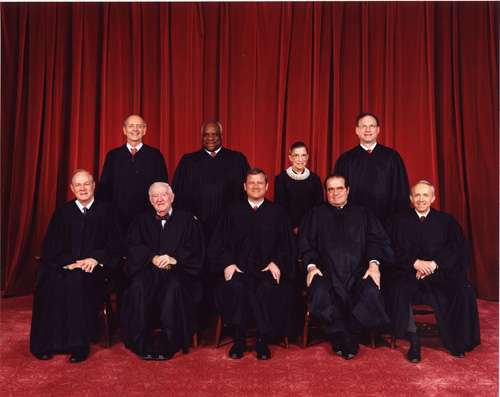
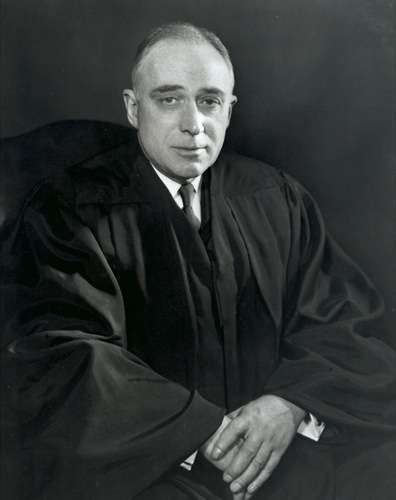
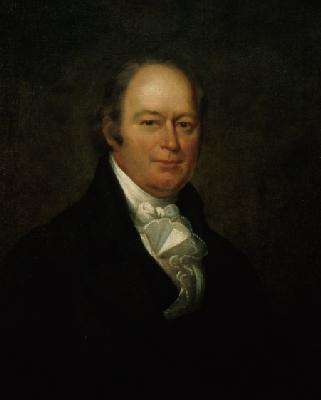
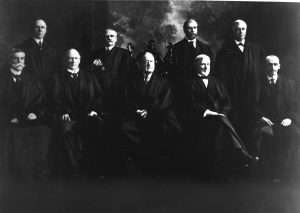

Show Comments (17)